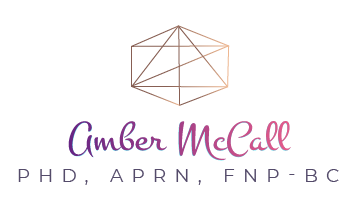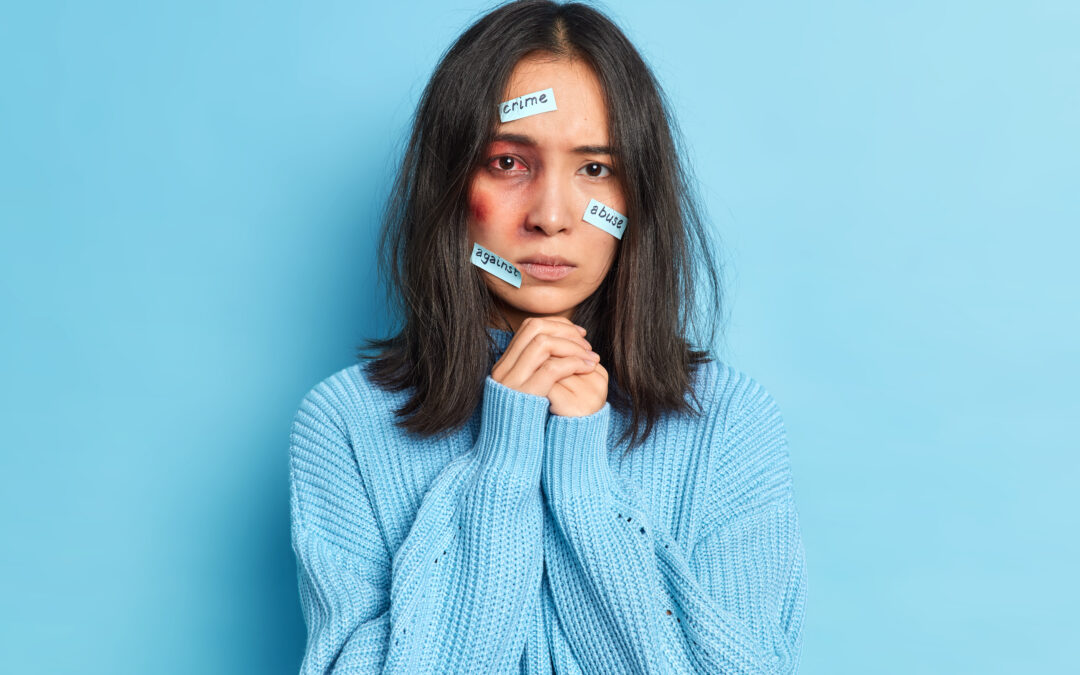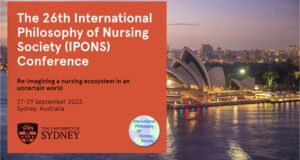Hiding in Green Sight: Professional Golf Sporting Event Drives Human Trafficking (#66)
The purpose of this work is to delve into the issue of human trafficking associated with professional golf events in Augusta, Georgia.
While the Augusta National Golf Club itself employs stringent rules and regulations to ensure that all humans are treated fairly, it is well-documented that incidents of human trafficking, particularly around major golf events, can occur in surrounding areas.
These incidents of human trafficking are often associated with organized crime and involve the exploitation of vulnerable individuals, including women and children. Factors contributing to this problem include the globalization of the economy, feminization of poverty, and weak human rights frameworks in countries of origin. As noted in various scholarly domains, the root causes of human trafficking are complex and varied. Sexual exploitation, in particular, is caused by a range of factors including inequality between men and women, poverty, lack of education and awareness of trafficking, globalization, lack of employment opportunities, economic imbalances and conflicts among regions, decline of border controls, globalized corruption, rural to urban migration.
Addressing and combating human trafficking associated with professional golf events must involve a comprehensive approach that tackles the root causes of this issue. Merely regulating organized crime is not enough to address the exploitation and coercion practices that lead to human trafficking.
It is imperative that anti-trafficking efforts also focus on examining linkages between exploitation and coercive sex, as well as gender inequality in economic, social, and cultural domains. Efforts to combat human trafficking associated with professional golf events must also prioritize education and awareness-raising surrounding the issue.
- Finkel, R., & Finkel, M. L. (2015). The ‘dirty downside’of global sporting events: Focus on human trafficking for sexual exploitation. Public health, 129(1), 17-22.
- Sant, S. L., Maleske, C., Wang, W., & King, E. J. (2023). Leveraging sport events for the promotion of human rights in host communities: diffusion of anti-trafficking campaigns at Super Bowl LIV. Sport Management Review, 26(2), 203-223.
- Ala’a, B., Nadeem, A., Kutkut, L., Ali, M., Angawi, K., Abdallah, M. H., … & Sallam, M. (2023). Are we seeing the unseen of human trafficking? A retrospective analysis of the CTDC k-anonymized global victim of trafficking data pool in the period 2010–2020. PloS one, 18(4).
- Blanton, R. G., & Blanton, S. L. (2020). The global economic and political causes of human trafficking. In Oxford Research Encyclopedia of International Studies.
- Wylie, G. (2023). Representing Human Trafficking as Gendered Violence: Doing Cultural Violence. In Representing Gender-Based Violence: Global Perspectives (pp. 69-88). Cham: Springer International Publishing.
Check it out here.


